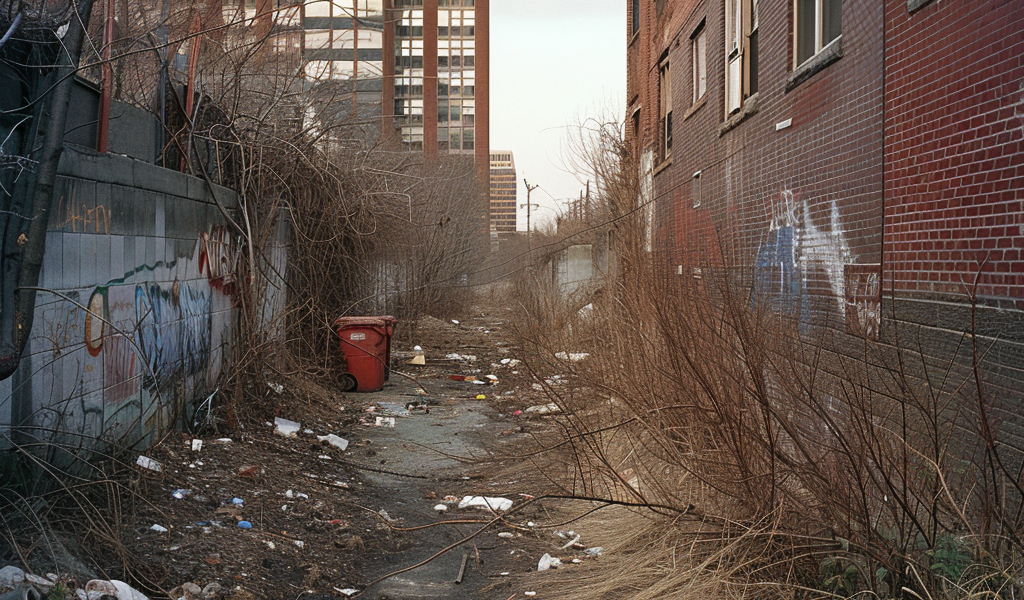The rat population in Boston has seen a dramatic increase over the past decade, leading to discussions about the need for a centralized pest control authority, commonly referred to as a ‘rat czar.’ The surge in rat numbers has prompted concerns about public health and safety, particularly in areas like Allston, known as ‘rat city’ due to its high rat population.
Justin Davids, a student at Boston University, has firsthand experience with the rat infestation, encountering rodent corpses and live rats outside his apartment. Despite the prevalence of rats, many residents, including Davids, have become somewhat desensitized to their presence, although some are considering relocating to areas with fewer rats.
Boston’s rat problem has become a significant issue, with the city ranking fourth in the nation for rat and cockroach sightings. The surge in rat complaints, from 2,173 a decade ago to 3,949 last year, has prompted calls for a more coordinated approach to pest control. City Councilor Ed Flynn has proposed the creation of an Office of Pest Control, overseen by a designated ‘rat czar,’ to streamline efforts currently dispersed across various departments.
The increase in rat sightings has been attributed to the city’s construction boom, which disrupts rodent habitats. Jessica Leibler, an associate professor of environmental health at the School of Public Health, has highlighted the impact of construction on rat populations, citing the Boston Urban Rat Study conducted in collaboration with Tufts University.
The proposal to appoint a ‘rat czar’ and establish an Office of Pest Control will be discussed at a hearing scheduled at City Hall, reflecting the urgency of addressing the rat infestation and its implications for public health and urban development.





